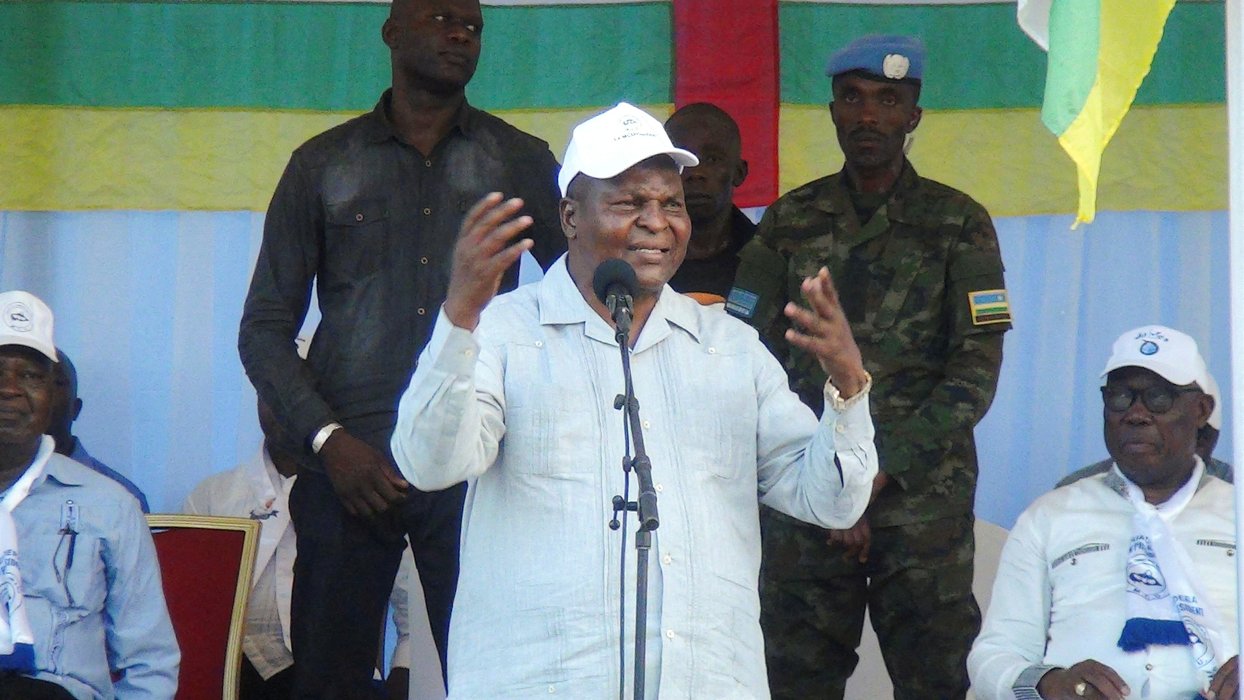
Referendum Threatens Democracy in Central African Republic https://t.co/frttTcr4XX
— Human Rights Watch (@hrw) August 2, 2023
General
Constitutional referendum: presidential term limits removed
On 30th July 2023, a controversial constitutional referendum took place in CAR. The proposed Constitution, only made publicly available on 10th July 2023, is silent on presidential term limits, extends the term from five years to seven years, reforms the Constitutional Court and creates the post of vice-president, to be appointed by the president, among other controversial changes. According to the official result announced by CAR’s Supreme Court, the new Constitution was approved with 95.3 per cent.
Meanwhile, local and municipal elections have been delayed and postponed several times.
The vote was boycotted by opposition groups and some civil society actors. Opposition claims that, with the new adopted Constitution, Touadéra is seeking a presidency for life. He was first elected in 2016 and will be concluding his second term as president in 2025. The 2016 Constitution proscribed a maximum of two five-year-terms for presidents.
Ahead of the referendum, in June 2022, a civil society group - the Groupe d’action des organisations de la société civile pour la défense de la Constitution du 30 mars 2016 (Civil Society Action Group for the Defence of the Constitution of 30th March 2016 – G-16) - was set up to block the efforts to reform the 2016 Constitution.
On 26th June 2023, the United Nations independent expert on the human rights situation in the Central African Republic, Yao Agbetse, warned that the referendum could complicate the country’s human rights situation. Agbetse further urged authorities to ensure that civic space freedoms – freedom of association, expression and peaceful assembly” are respected:
Before and during the referendum, people opposed to the new constitution and opposition parties that do not support the reforms must be given the civic and media space to disagree and present their own proposals. These groups must not be harassed or subjected to reprisals.
- Yao Agbetse, United Nations independent expert on the human rights situation in the Central African Republic
La Centrafrique interdit une marche contre le projet de Constitution, l’opposition maintient l’appel
— RFI (@RFI) July 14, 2023
➡️ https://t.co/EuAJd5ChoG pic.twitter.com/JirDD4U6JK
Peaceful Assembly
Protests against constitutional referendum banned
Protests to support the new Constitution as well as protests against any changes to the 2016 Constitution took place ahead of the referendum of 30th July 2023.
On 14th July 2023, hundreds of members and supporters of the Bloc républicain pour la défense de la Constitution (BRDC, Republican Block for the Defence of the Constitution), a coalition of political opposition leaders, protested in Bangui against the referendum and the new proposed Constitution. The protest was banned by authorities the previous day, evoking the security situation and the ‘subversive character’ of the initiative by BRDC as reasons to disallow the protest. Despite the official ban and a warning by the Minister of Defence to refrain from protesting given the ‘fragile security situation’, the protest went ahead without major incidents. Previous attempts to protest, in November and December 2022, were also banned by authorities.